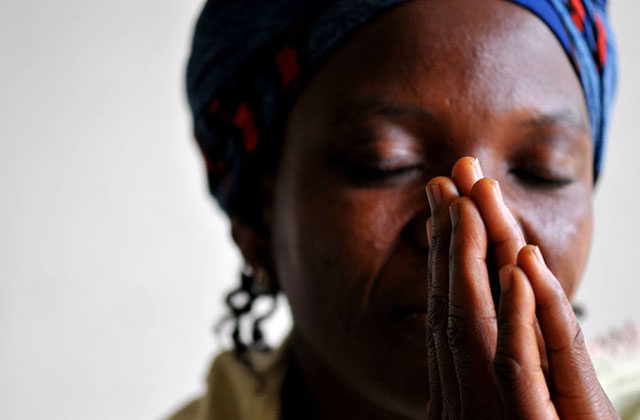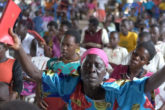
Uganda has been ranked among the top 10 countries in the world where people are experiencing the highest levels of social hostilities involving faith.
According to a report published 15 July, 2019 by The Pew Research Center, a nonpartisan American fact tank based in Washington, D.C., Uganda had some of the largest increases in social hostilities related to religious norms most especially in 2017.
To provide a broader understanding of how the global situation has changed, the report, entitled, “A Closer Look at How Religious Restrictions Have Risen Around the World,” covered a 10-year span, from 2007 to 2017.
The study tracked 198 countries within five particular regions: the Americas, Asia-Pacific, Europe, Middle East-North Africa and sub-Saharan Africa. The study broke down the two indexes, government restrictions and social hostilities, into four categories each.
The most harassed group after Christians were Muslims, followed by Jews.
Considering examples from the previous ten years, The Pew Research Center highlighted that in Uganda “Christians were beaten and three were killed for religious reasons in Muslim-majority areas in 2015”.

“The same year, three children were kidnapped because of their father’s conversion from Islam to Christianity. And in 2016, several incidents of violence against converts were reported, including a woman whose husband strangled her to death for leaving Islam.”
According to the report, The Social Hostilities Index measured acts of religious hostility by private individuals, organizations or groups in society.
Rather than progressing to provide openness and inclusivity, several countries imposed an increasing number of restrictions on religion over a decade.
“There has been a bigger increase in government limits on religious activities – such as restrictions on religious dress, public or private worship or religious literature – in Europe than in any other region during the course of the study,” the report stated.
“Some groups face more harassment from governments, while others are more often harassed by individuals or groups in society,” it added.
The highest government restrictions among the most populous countries occurred in China, Iran, Russia, Egypt and Indonesia, with all ranking in the “very high” category of restrictions. Meanwhile, the lowest-ranking countries were South Africa, Japan, the Philippines, Brazil and South Korea.
These countries fell into the “low” category of government restrictions, with the exception of South Korea, which had a “moderate” level of government restrictions on religion in 2017.
In some countries, levels of government restrictions roughly matched levels of social hostilities. For example, Egypt and Pakistan had “very high” levels of both government restrictions and social hostilities in 2017, while Japan scored “low” on both indexes. In other cases, the two scores diverge sharply. China had the highest level of government restrictions among all 198 countries in the study in 2017, yet it had low levels of social hostilities. And Iran had the second-highest government restrictions score among all countries in 2017 – behind China – but experienced only “moderate” levels of social hostilities involving religion.
Find Full Report Here

